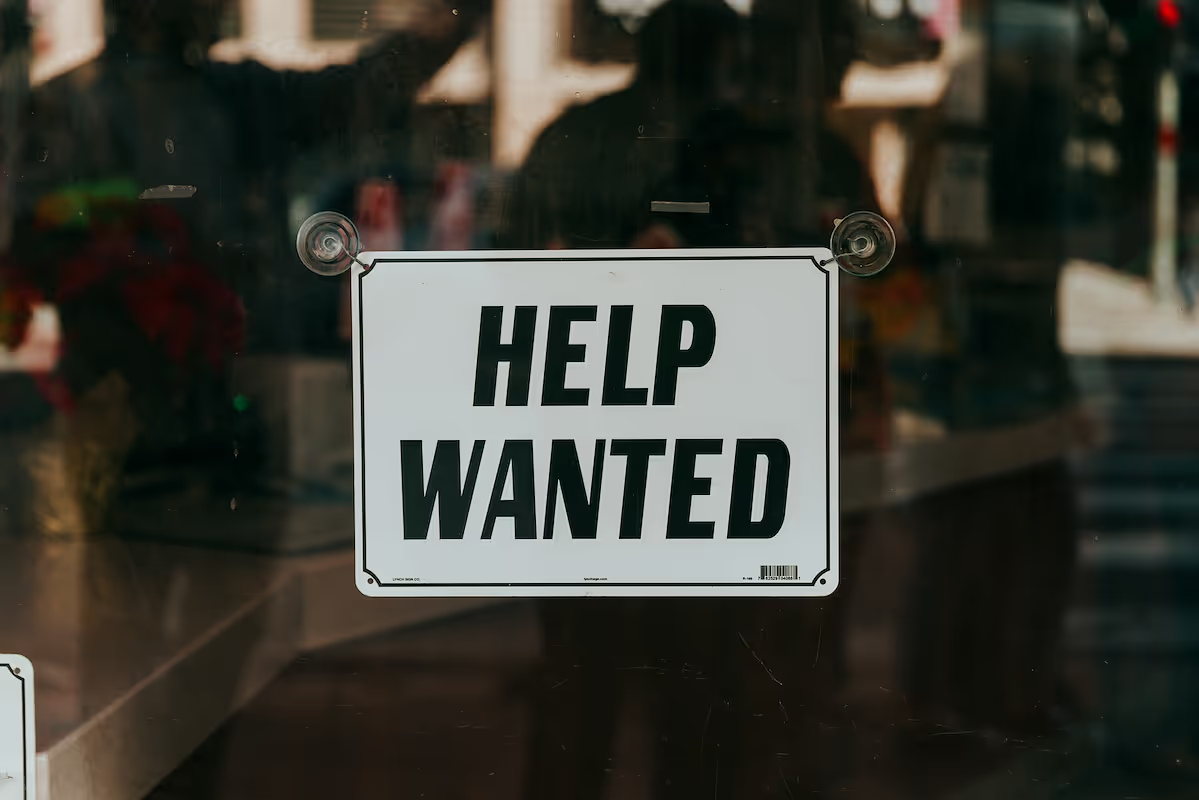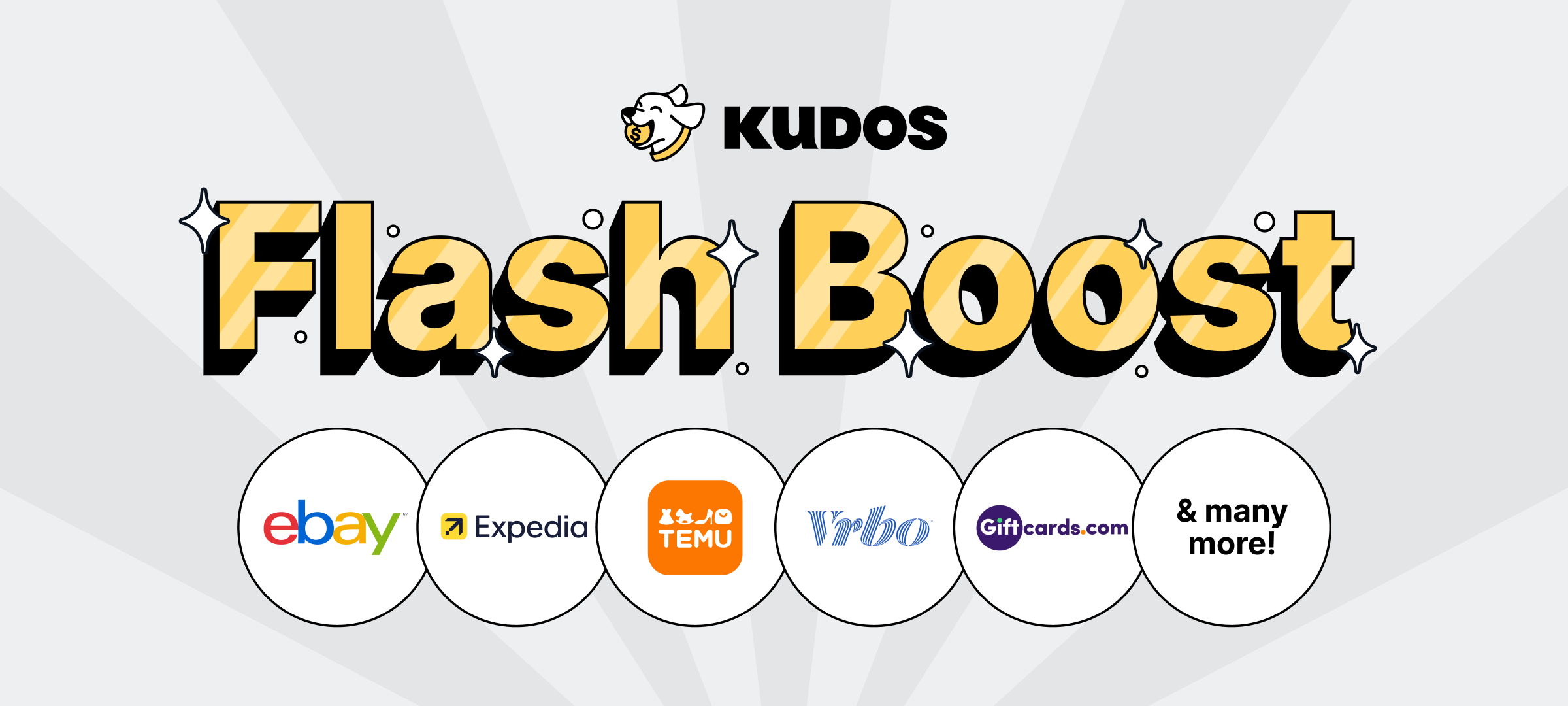
Kudos has partnered with CardRatings and Red Ventures for our coverage of credit card products. Kudos, CardRatings, and Red Ventures may receive a commission from card issuers. Kudos may receive commission from card issuers. Some of the card offers that appear on Kudos are from advertisers and may impact how and where card products appear on the site. Kudos tries to include as many card companies and offers as we are aware of, including offers from issuers that don't pay us, but we may not cover all card companies or all available card offers. You don't have to use our links, but we're grateful when you do!
Does Collecting Unemployment Affect Your Credit Score?
July 1, 2025


Quick Answers
Receiving unemployment benefits will not directly affect your credit score, as this income status is not reported to the three major credit bureaus.
The primary risk to your credit comes indirectly; if loss of income leads to missed or late payments on your loans or credit cards, your score will be negatively impacted.
While your score may be unaffected, lenders will assess your current income and employment when you apply for new credit, which could make securing a new loan or line of credit more challenging.
What Is Collecting Unemployment Benefits?
Collecting unemployment refers to receiving temporary income from a government-sponsored insurance program after losing your job through no fault of your own. These payments, known as unemployment benefits, are designed to provide a financial cushion for eligible workers while they actively seek new employment. The system acts as a crucial safety net, helping to cover essential living expenses during a period of transition between jobs.
Receiving unemployment benefits has no direct effect on your credit score, as this type of income is not reported to credit bureaus. Your credit report contains information about your debt and payment history, not your sources of income. However, the financial challenges associated with job loss can indirectly impact your credit if they lead to difficulty in making timely payments on loans or credit cards.
How Collecting Unemployment May Affect Your Credit Score
Collecting unemployment doesn't directly hurt your credit score. However, the financial challenges of job loss can indirectly lead to actions that do. Here’s a look at that potential progression.
- Income Reduction: Losing a job means a significant drop in income. While unemployment benefits provide a cushion, they often don't cover all of your previous expenses, creating a budget shortfall.
- Difficulty Paying Bills: With less money coming in, you may struggle to keep up with monthly obligations like rent, mortgage payments, car loans, and credit card bills on time.
- Missed Payments are Reported: If you miss a payment or are more than 30 days late, lenders will report this to the major credit bureaus. Your payment history is the single most important factor in your credit score.
- Increased Reliance on Credit: To bridge the financial gap, you might use credit cards more frequently for essentials. This increases your credit utilization ratio, which can negatively impact your score.
- Accounts in Collections or Default: Prolonged financial hardship can lead to defaulting on loans or having unpaid bills sent to collection agencies, both of which cause significant and long-lasting damage to your credit history.
How Much Will Collecting Unemployment Affect Your Credit Score?
While collecting unemployment benefits doesn't directly impact your credit score, the financial circumstances that lead to it can have indirect effects. Here are a few key things to consider.
- Indirect Effects on Payments. A lower income can make it difficult to keep up with bill payments. Missing payments on loans or credit cards is reported to credit bureaus and will lower your score.
- Increased Credit Utilization. You might rely more on credit cards to cover expenses while unemployed. This increases your credit utilization ratio, which can negatively affect your credit score.
- Difficulty Securing New Credit. Lenders consider your income when you apply for new credit. Being unemployed can make it harder to get approved for new loans or credit cards.
How You Can Avoid Collecting Unemployment Affecting Your Credit Score
Prioritize Bill Payments
The most direct way to protect your credit is to continue paying all your bills on time. Since unemployment income isn't reported to credit bureaus, your score will remain unaffected as long as you meet your monthly obligations like loans and credit cards.
Communicate With Lenders
If you anticipate trouble making payments, contact your creditors immediately. Many offer hardship programs that can temporarily reduce or pause payments. This proactive communication can prevent late payment reports from damaging your credit score while you are seeking new employment opportunities.
Create an Emergency Budget
Re-evaluate your spending and create a strict budget focused on essentials. Cutting non-essential expenses frees up cash to cover debt payments, helping you stay current with creditors. This financial discipline is crucial for managing a temporary reduction in your overall household income.
Ways to Improve Your Credit Score
No matter your current standing, it is always possible to increase your credit score through consistent, positive financial behaviors. Meaningful improvements can often be seen within a few months of taking the right steps.
- Set up automatic payments. Since payment history is the most significant factor in your score, automating payments ensures you never miss a due date.
- Reduce your credit utilization. Aim to use less than 30% of your available credit by paying down balances or requesting a credit limit increase.
- Monitor your credit reports. Regularly check your reports from all three major bureaus to identify and dispute inaccuracies or signs of identity theft.
- Become an authorized user. Being added to an account with a strong payment history and low utilization can help boost your own credit profile.
- Limit hard inquiries. Space out your credit applications and use prequalification tools to avoid the temporary score drop that comes from multiple inquiries.
- Diversify your credit mix. Lenders like to see that you can responsibly manage different types of credit, such as credit cards and installment loans.
The Bottom Line
Collecting unemployment benefits won't directly lower your credit score. Your score is affected by how you manage your debts, so paying bills on time remains the crucial factor.
Frequently Asked Questions
Can lenders see that I'm receiving unemployment benefits?
Lenders cannot see unemployment benefits on your credit report. However, they will see a drop in your reported income when you apply for new credit.
Will my credit score drop if I can't pay my bills while unemployed?
Yes, failing to pay bills on time is reported to credit bureaus and will lower your credit score, regardless of your employment or income status.
Should I use credit cards to cover expenses while unemployed?
While it can be a temporary solution, relying on credit cards increases your credit utilization ratio, which can negatively impact your credit score over time.
Unlock your extra benefits when you become a Kudos member

Turn your online shopping into even more rewards

Join over 400,000 members simplifying their finances

Editorial Disclosure: Opinions expressed here are those of Kudos alone, not those of any bank, credit card issuer, hotel, airline, or other entity. This content has not been reviewed, approved or otherwise endorsed by any of the entities included within the post.



































.webp)







